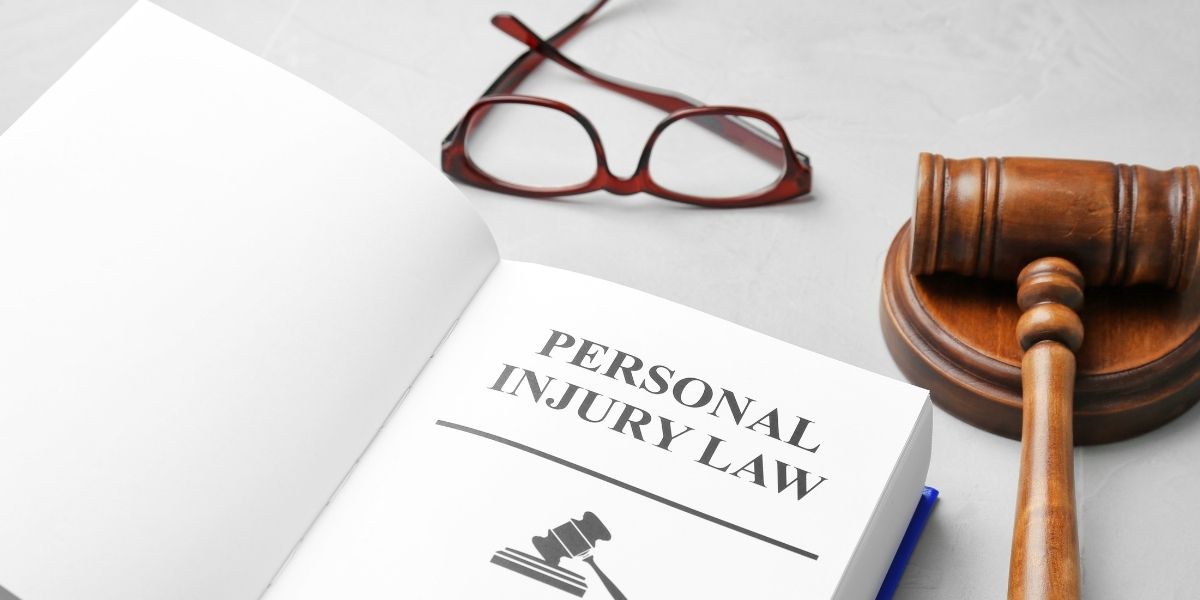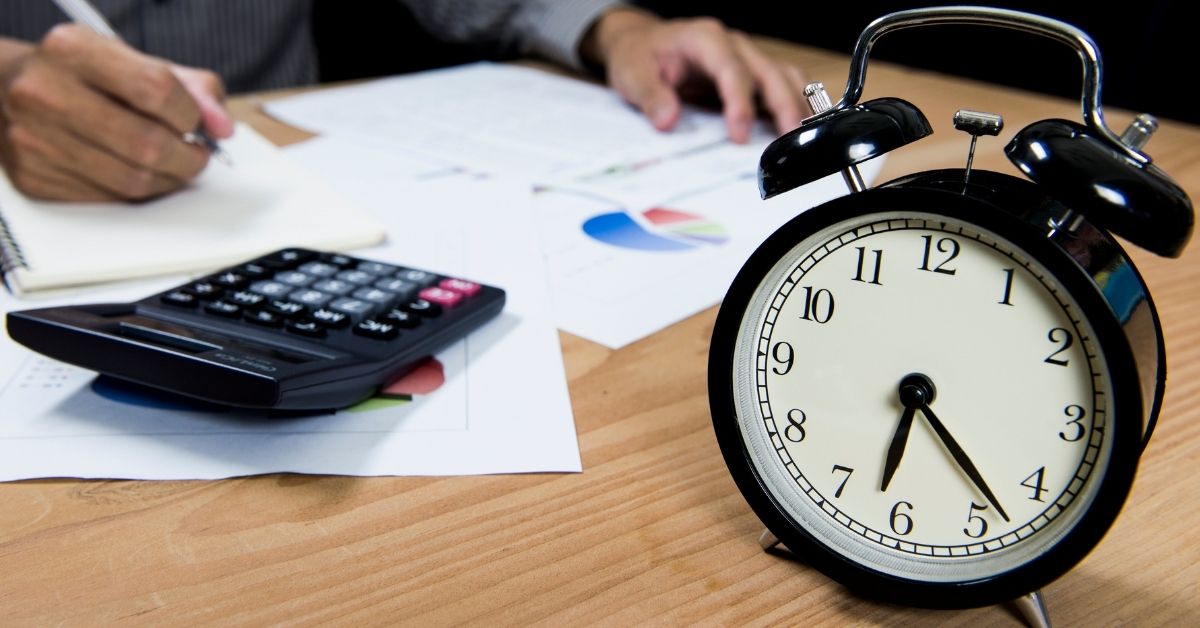The Role of Eyewitness Testimony In Personal Injury Cases

Eyewitness testimony can play a significant role in personal injury cases. Personal injury cases typically involve claims for damages resulting from injuries caused by the negligence or intentional actions of another party. But, what is eyewitness testimony? Eyewitness testimony refers to evidence given by a person who has witnessed an event, and it is often used to corroborate other evidence, such as medical records or physical evidence. In this article, we will explore the role of eyewitness testimony in personal injury cases, its strengths, weaknesses, and how it can be effectively used in court.
Determining Liability
Eyewitness testimony can be critical in personal injury cases because it can provide the court with a first-hand account of what happened. For example, in a car accident case, an eyewitness who saw the accident occur can describe the events leading up to the accident, the impact, and the aftermath. This information can be valuable in determining liability and the extent of damages. Similarly, in a slip and fall case, an eyewitness who saw the plaintiff fall can describe the conditions that caused the fall, such as a wet floor or a broken stair.
Often Times More Credible Than Other Evidence
Eyewitness testimony is often considered to be more credible than other types of evidence because it comes from a human source. The jury may be more likely to trust the testimony of a person who was present at the scene of the accident than to rely solely on medical records or physical evidence. Moreover, eyewitness testimony can provide details that may not be apparent from other types of evidence. For example, an eyewitness may be able to describe the defendant’s demeanor before and after the accident, which can be important in determining liability.
Downsides of Eyewitness Testimony
However, eyewitness testimony is not without its weaknesses. Memories can be unreliable, and eyewitnesses may not always remember events accurately. Eyewitnesses may be influenced by their own biases, or they may be influenced by the questioning of the attorneys. For example, a witness who is repeatedly asked leading questions may begin to remember events differently than they actually occurred. Additionally, eyewitness testimony may be affected by the passage of time. Over time, memories can fade, and eyewitnesses may become less certain about what they saw.
Given these weaknesses, it is important to use eyewitness testimony carefully in personal injury cases. Attorneys should conduct thorough interviews with eyewitnesses to ensure that their memories are as accurate as possible. Attorneys should also be careful not to ask leading questions that could influence the witness’s memory. Additionally, attorneys should be aware of the limitations of eyewitness testimony and should be prepared to present other types of evidence, such as medical records or physical evidence, to support their case.
Expert Witness vs An Eye Witness
In some cases, it may be necessary to use expert witnesses to help the jury understand the limitations of eyewitness testimony. For example, a psychologist or a memory expert may be able to explain to the jury how memories are formed and how they can be influenced by outside factors. An expert witness may also be able to explain why eyewitnesses may have difficulty recalling certain details and may help the jury understand why two eyewitnesses may have different recollections of the same event.
In addition to conducting thorough interviews with eyewitnesses, attorneys should also be prepared to challenge the testimony of opposing witnesses. Attorneys should carefully review the statements of opposing witnesses and should look for inconsistencies or contradictions in their testimony. Attorneys should also be prepared to cross-examine opposing witnesses and to challenge their credibility.
Eyewitness Testimony in Personal Injury Cases
To effectively use eyewitness testimony in personal injury cases, attorneys must conduct thorough interviews with eyewitnesses, prepare to challenge opposing witness testimony, and be prepared to present other types of evidence to support their case. Attorneys may also consider using expert witnesses to help the jury understand the limitations of eyewitness testimony and how memories are formed and influenced.
Overall, the use of eyewitness testimony in personal injury cases can be powerful, but it must be handled with care. By understanding the strengths and weaknesses of eyewitness testimony, attorneys can effectively use it to support their case and provide the court with a clear understanding of what happened.
Attorneys Can Help Collect Testimony From Eye Witnesses
If you have been injured because of the negligence of someone else, it is important to hire an experienced personal injury attorney that can help you make sure you have excellent eye witness testimonies. Not only will a personal injury attorney help you gather all the evidence and testimony you need, they will also help make sure that you get the maximum compensation for your personal injury.
Contact a Los Angeles Personal Injury Lawyer
It cannot be overstated the importance of having a Los Angeles personal injury lawyer by your side. Not to mention, the legal process can be disorientating and overwhelming. With the knowledge and resources that an experienced attorney brings, you can have peace of mind knowing that your case is being handled properly and that all possibilities are explored. Make sure to do comprehensive research when selecting a lawyer and find one who is experienced in personal injury claims and committed to fighting for justice for their clients.
If you have been injured in an accident it is important that you contact a Los Angeles personal injury lawyer as soon as possible. Since there are deadlines as to when you can file a claim. B|B Law Group can help you obtain the maximum compensation for your injuries and damages. We have your best interest at heart and truly care about you and your recovery. We will focus on the claims while you focus on recovery.


